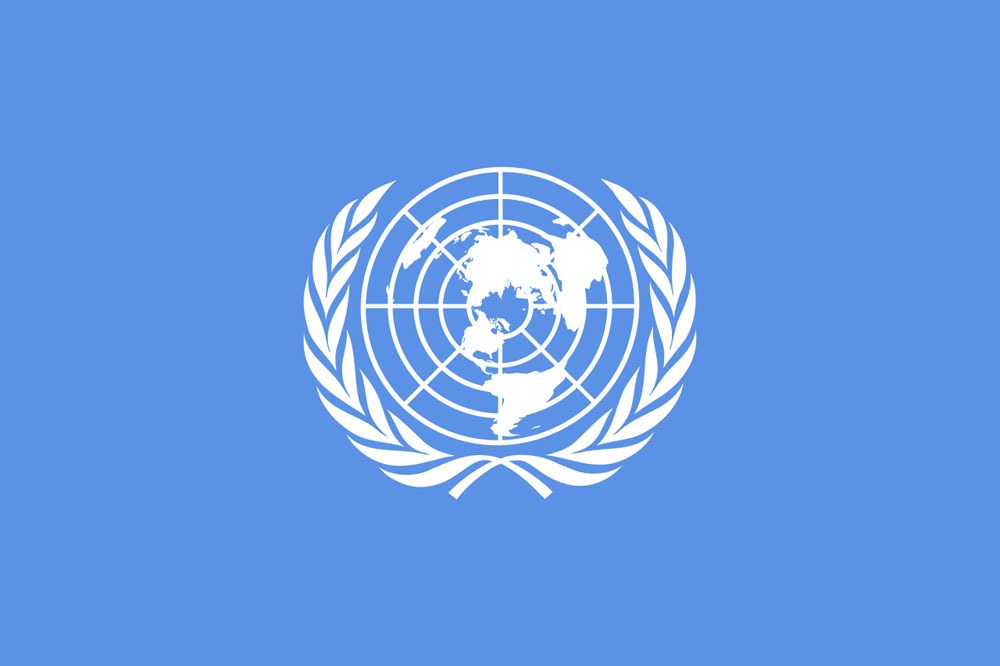
September 23, 2019; New York Times
Leaders are still struggling to comprehend and communicate the full force of the climate crisis.
That reality has been apparent for months, and it seems it did not change yesterday at the United Nations Climate Action Summit. Government heads checked in with United Nations Secretary General Antonio Guterres: Are they on track to meet their commitments from the 2015 Paris accords? Could they do more?
It seems the best answer we can get from some of the world’s largest economies is, “Well, maybe.”
The New York Times started skeptically on Sunday, when Somini Sengupta, the Times’ international climate reporter and former UN correspondent, noted that “some of the world’s biggest champions of coal will be allowed to take the podium.”
Secretary General Guterres told Sengupta that “all who submitted credible plans” to reduce fossil fuel use were given the opportunity to speak.
“We are not a court,” he said, with the mandate to judge who is or isn’t doing enough to be heard. His comments bring to mind a perennial dilemma faced by the UN: It must balance a strong enough stance to be a credible actor against the risk that a too-strong stance will force countries out of its (entirely voluntary) accords. But does the climate disaster demand a different level of approach?
Guterres’ comments strike strangely against a recently released report from Urgewald, a German NGO that fights climate destruction. The report advised that even though the global coal plant pipeline has shrunk 50 percent in the past three years, 400 of 746 tracked companies on Urgewald’s Global Coal Exit List are planning to expand their coal operations. Heffa Schuecking, director of Urgewald, said, “The time for patient engagement with the coal industry has definitely run out.”
Greta Thunberg, the teenage climate activist whose journey to the UN summit made worldwide headlines, made what seems to be the most memorable speech. She said:
I shouldn’t be here. I should be back home, at school…. You come to us young people for hope. How dare you! You have stolen my childhood and my dreams. And I am one of the lucky ones. People all over the world are suffering and dying. And all you can talk about is money and fairy tales of eternal economic growth. How dare you!
Sign up for our free newsletters
Subscribe to NPQ's newsletters to have our top stories delivered directly to your inbox.
By signing up, you agree to our privacy policy and terms of use, and to receive messages from NPQ and our partners.
For more than 30 years, the science has been crystal clear. How dare you look away and say that you are doing enough! How dare you pretend that this can be solved with business as usual?
[…]
You are betraying us… If you choose to fail us, then I say, “We will never forgive you.”
While Thunberg and her protests have become familiar images in the media, indigenous water activists such as Autumn Peltier have been on the ground, standing against oil companies and protecting their land.
Nevertheless, reported Sengupta and her colleague Lisa Friedman, “A host of presidents and prime ministers used the occasion to boast about what they were doing to reduce emissions but made only incremental promises.”
Some countries made significant efforts. Spain and Peru agreed to jointly lead a World Health Organization “Clean Air Fund,” launched when leaders learned that investment in clean air is disproportional to its effects on global health; deaths by pollution and related factors are expected to double by 2050. France’s President Emanuel Macron made a thinly veiled economic threat when he said, “I don’t want to see new trade negotiations with countries who are running counter to the Paris Agreement.”
About 60 countries promised net-zero emissions by 2050, and several asset fund managers promised fossil fuel divestment by the same year. (Longtime climate reporter Bill McKibben, in a stupendous piece in the New Yorker about the huge role financial institutions play in bolstering the fossil fuel industry, called Jamie Dimon, the CEO of JPMorgan Chase, “an oil, coal, and gas baron almost without peer.” Happily, McKibben offers some solutions.)
But the world’s largest economies and largest polluters notably did not make any new, bigger commitments. US President Trump dropped in for about 14 minutes during a speech by Indian prime minister Narendra Modi, who promised to increase renewable energy but not to reduce coal. India’s economy was growing faster than anyone else’s until earlier this year. China essentially said, “At least we’re sticking to the Paris accords, unlike some people.” Their investments in fossil fuel extraction have only grown.
There are some reasons for hope, but they are not coming from current world leaders. Gina McCarthy, who oversaw the Environmental Protection Agency under President Barack Obama, said that “we are at a turning point.” She noted that thanks to “greater visibility, more understanding, better science, [and] more solutions on the table…the actions that we can take are more robust than they’ve ever been before.” But note: “can,” not “will.”
Robert Raymond at Truthout says community organizers have assembled mutual aid networks in Puerto Rico, New York, and elsewhere. While they’re especially useful organizing disaster relief, they’ve extended into political organizing and education and worker co-op support after recognizing that FEMA is “explicitly designed to be as limited as possible.” The imbalance between where leadership is being shown on this issue and where the power to implement large-scale changes lies demonstrates a lack of connection and compassion from those tasked with world governance. We must realign our priorities with those who advocate for the planet, or face the consequences.—Erin Rubin













